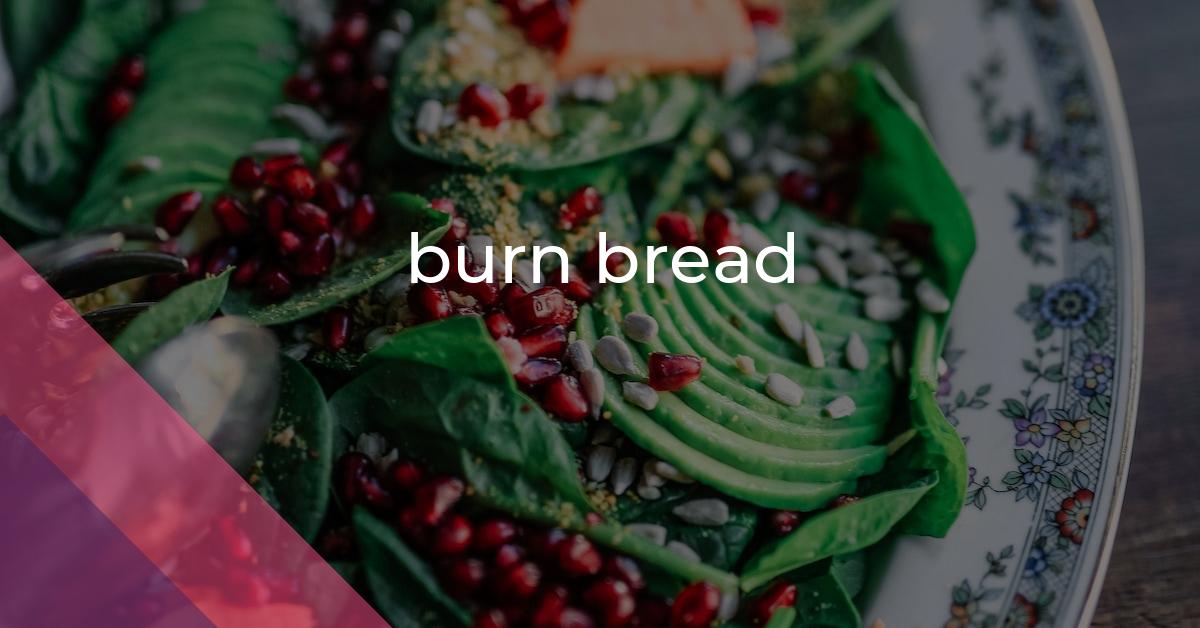burn bread: Idiom Meaning and Origin
What does ‘burn bread’ mean?
The idiom "burn bread" means to fail to achieve something or to make a mistake that ruins a situation or opportunity.

Idiom Explorer
The idiom "run into the ground" means to exhaust or use up completely, often through overuse or mismanagement.
The idiom "go wrong" means that something does not go as planned or expected, and results in a failure or a mistake.
The idiom "go up in flames" means to fail or be destroyed in a dramatic or disastrous way.
The idiom "go down the toilet" means to fail completely or be wasted, often used to describe a situation, plan, or investment that has gone wrong or lost its value.
The idiom "go down in flames" means to suffer a significant and public failure or defeat. It is often used to describe a situation where all efforts or plans end in disaster or are unsuccessful.
The idiom "get one's fingers burnt" means to suffer negative consequences or experience a setback due to one's own actions or decisions. It implies getting physically or metaphorically hurt or harmed as a result of taking a risk or involving oneself in a dangerous or risky situation.
The idiom "down the drain" means that something has been wasted or lost, often due to a mistake or failure.
The idiom "die on the vine" means to fail or end without achieving success or completion. It is often used to describe a project, plan, or idea that does not progress or develops further.
A Fiery Mishap
Let's take a look at how the idiom "burn one's bridges" relates to the concept of "burn bread." The idiom "burn one's bridges" means to irreversibly cut off or destroy relationships or opportunities. When we consider the action of burning bread, we can draw a parallel to the idea of damaging or ruining something beyond repair. In both cases, there is a sense of irreversible consequences and a loss of something valuable.
Similarly, the idiom "burn one's fingers" can also be related to "burn bread." "Burn one's fingers" means to suffer negative consequences from one's actions. When we think about burning bread, it often results in a disappointing and inedible outcome. In this sense, one can say that those who burn bread have "burned their fingers" by experiencing the negative consequences of their cooking mistake.
Now, let's explore how the idioms "go up in flames" and "go up in smoke" connect to the notion of "burn bread." "Go up in flames" and "go up in smoke" both refer to situations where something is completely destroyed or lost. When bread is burned, it goes up in flames and becomes nothing more than charred remains. These idioms can be used figuratively to describe situations where something is lost or destroyed, much like burnt bread.
Finally, let's discuss the idiom "brown bread" and how it relates to "burn bread." "Brown bread" is a slang term that means dead or deceased. While the two idioms don't have an exact linguistic connection, there is a similarity in the use of the word "bread." Just as burnt bread is rendered inedible, "brown bread" describes something that is no longer alive or functioning. These idioms share a sense of finality and irreversibility.
While the idiom "burn bread" itself may not be widely known or documented, we can draw connections to other idioms that share similar themes or concepts. The idioms "burn one's bridges," "burn one's fingers," "go up in flames," "go up in smoke," and "brown bread" all involve negative outcomes, irreversibility, and loss. These related idioms help provide a context and deeper understanding of the potential meanings and applications of the idiom "burn bread."
Example usage
Examples of how the idiom "burn bread" can be used in a sentence:
- She left the oven on too long and ended up burning the bread.
- He got distracted and forgot about the toast in the toaster, resulting in burned bread.
- My mom always warns me to set a timer when baking bread so that I don't burn it.
More "Food" idioms



